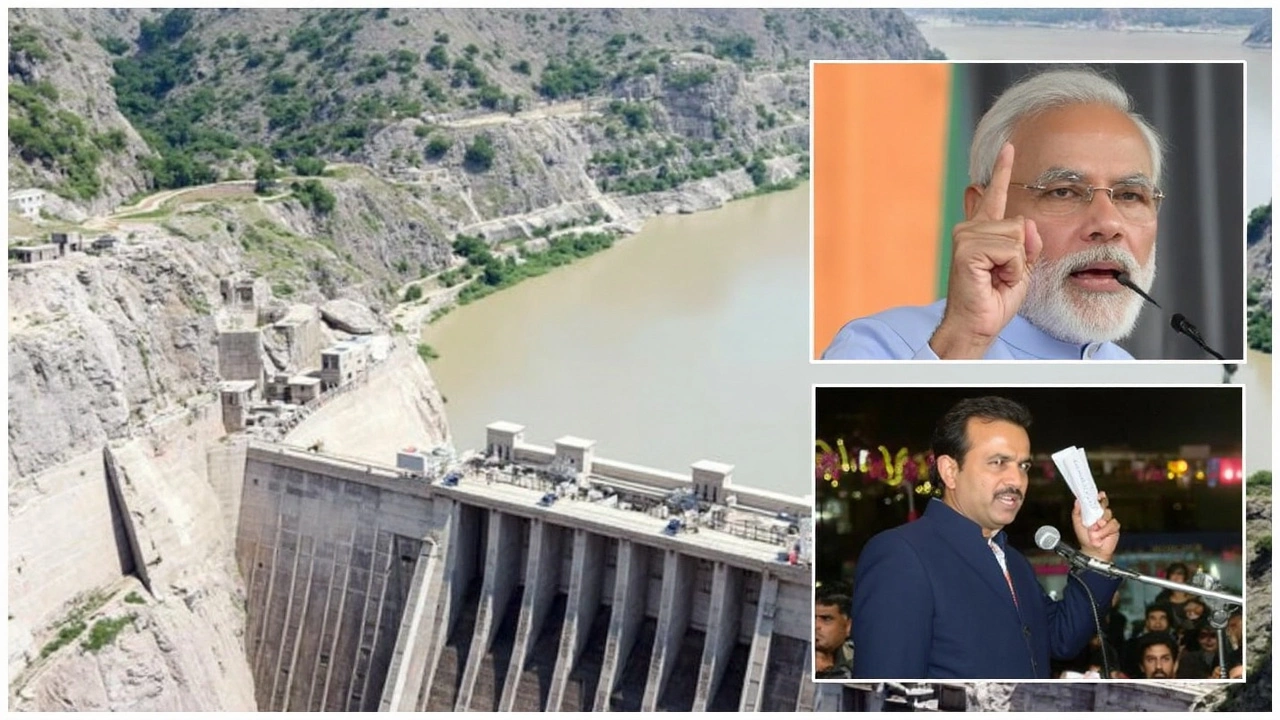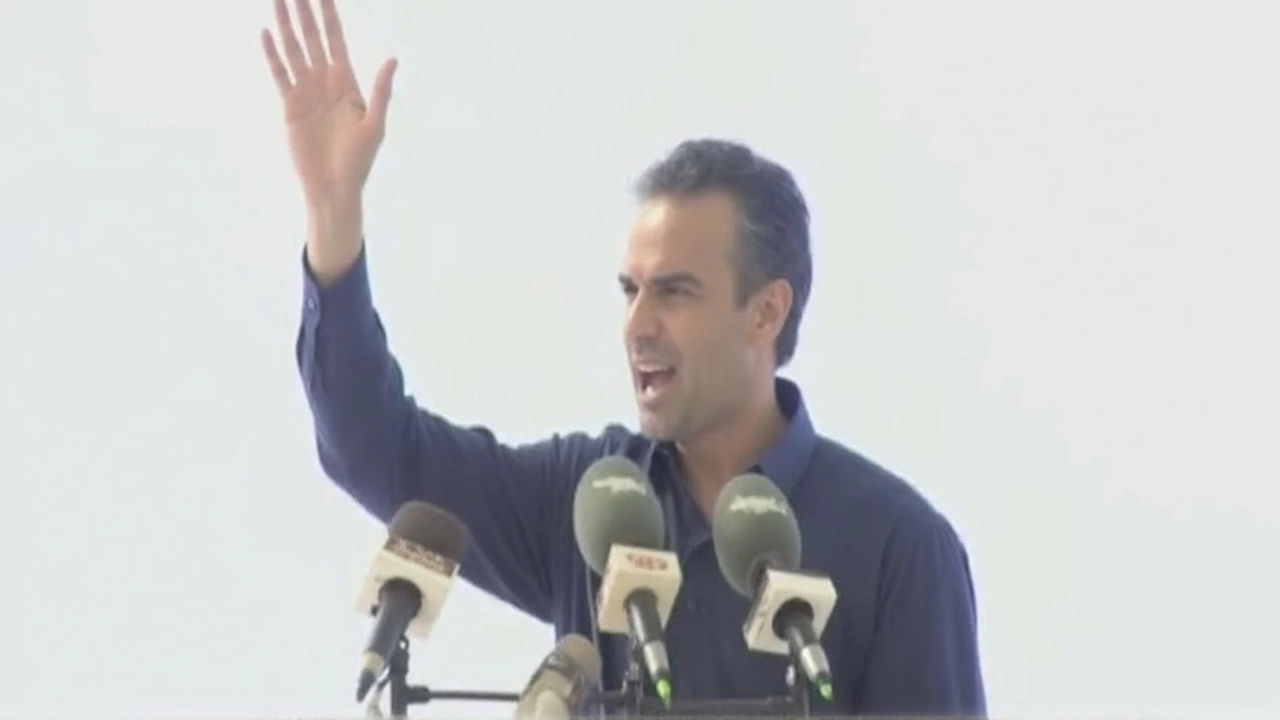Indus Waters Crisis: Bilawal Bhutto Warns India as Treaty Fallout Raises Fears in Pakistan
 Apr, 27 2025
Apr, 27 2025
Indus Waters: More Than Just a River in the Crosshairs
When Bilawal Bhutto-Zardari picked up the mic in Sukkur, it wasn’t just another political speech. He openly threatened a dire outcome: if India blocks Indus water supplies, Pakistanis would fight back — and, as he put it, “either water will flow, or blood will.” His words echoed through a charged crowd, signaling just how high the stakes have become since India moved to suspend the Indus Waters Treaty. This 1960 deal, brokered after much back-and-forth, has always been fragile. Without it, Pakistan fears for its crops, its homes, and frankly, its national survival.
The Indus River isn’t just any waterway. For Pakistan, it’s called the “lifeline” for a reason — it feeds farms stretching across Punjab and Sindh, delivers drinking water, keeps urban and rural economies alive, and anchors the lives of tens of millions. Bhutto used this moment to remind people of past PPP (Pakistan Peoples Party) fights against controversial canal projects that threatened provincial rights. Now, with India’s move, he’s painting the crisis as not just about water, but about national dignity and sovereignty.
His speech also dug into recent federal politics. He pointed out a hard-won agreement with Prime Minister Shehbaz Sharif that locks new water projects behind provincial approval, channeling disagreements to the Council of Common Interests (CCI) — a body meant to keep federal-provincial disputes from boiling over. This move, Bhutto claimed, unites the government and opposition under a single cause: no more backdoor deals, and no surrender on water rights.

A Deepening Divide: India and Pakistan Dig In
The timing isn’t random. Just days earlier, violence rocked Kashmir with the Pahalgam terror attack. India was quick to blame militants crossing from Pakistan, ratcheting up already tense relations. Then Indian Union Minister Sukanta Majumdar came out swinging, saying the "waters of the Indus are ours – and they shall remain ours." He even called back to past wars and military victories, using history as a stick and a shield.
This isn’t just posturing. India has long wrestled with demands from its own farmers and states to keep—and even redirect—the Indus water. Pakistan, meanwhile, lives with a constant fear that any sudden move upstream could wither fields and empty taps overnight. By suspending the treaty, India sent a signal: the old rules might not hold, especially when national security gets mixed with resource disputes.
In Pakistan, Bhutto’s speech is fueling a sense of siege. The government’s message is clear: they’ll stand together, across party lines, to defend every drop of the Indus. There’s more at stake than even the water itself. Many see control of the river as a symbol of independence, resilience, and even the country’s right to exist. For the opposition, it’s a chance to show unity against a historic rival. For everyday citizens and farmers, it’s a scary reminder that politics isn’t just about speeches—it could decide if their land thrives or dies.
Negotiating over the Indus has never been simple. Both sides feel entitled to its bounty, and both link their claims to national identity. There’s real worry, though, that as threats become sharper and trust crumbles, the region might be inching closer to a crisis not seen in decades. And if history is any guide, nobody wants to see what happens if the taps run dry.